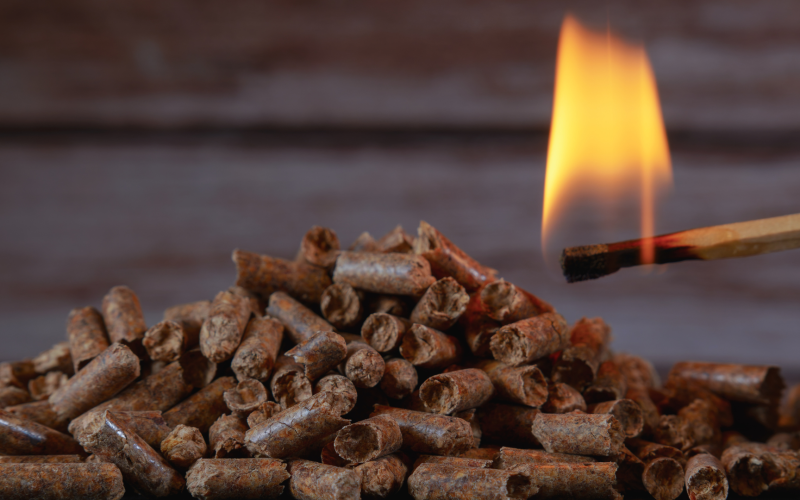Kamianets-Podilskyi CHP: the first in Ukraine, the third in Europe, the fifth in the world station with a unique ORS module
Experts from 9 European countries worked on the construction of such a powerful facility.
The capacity of the new biomass-fired combined heat and power (CHP) station is 15 MW of biomass thermal and 1.6 MW of biomass electric. It uninterruptedly provides 190 homes, 3 kindergartens, and 5 schools with hot water and heat produced from local biofuels: straw, corn waste, sunflower, and wood chips.
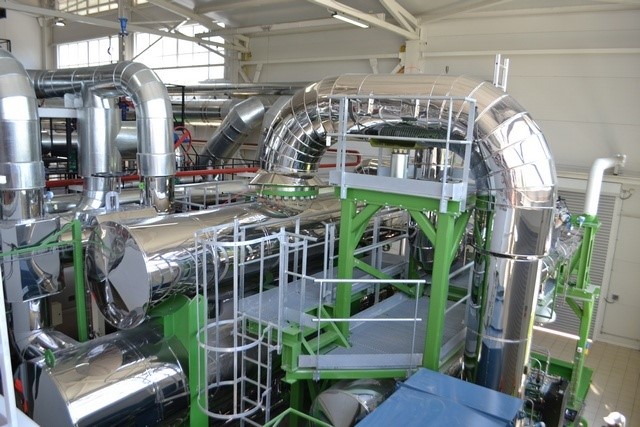
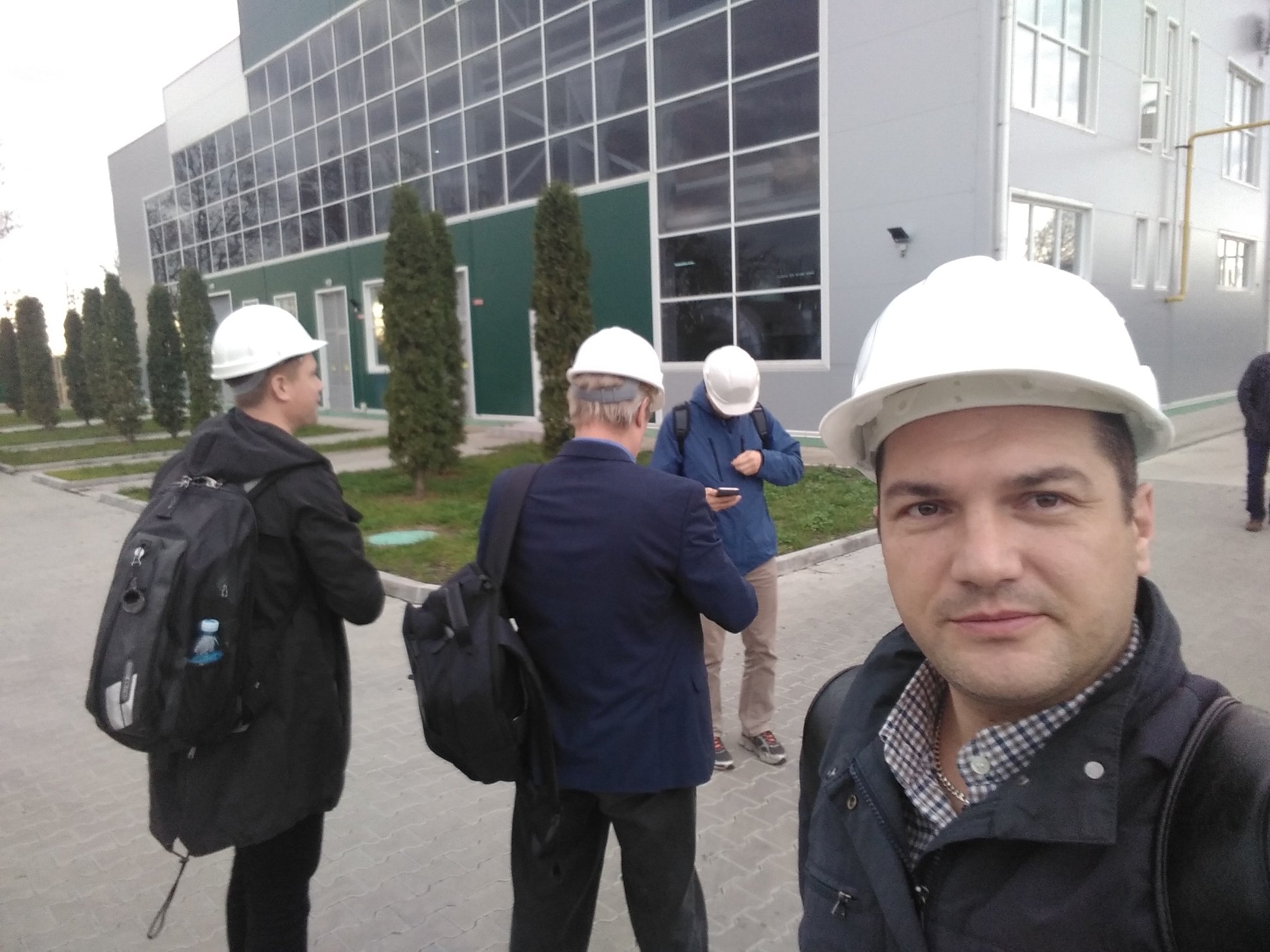
What do we have as a result?
- Due to the operation of the CHP, it is planned to produce more than 7 million kWh of electricity and about 38 thousand Gcal of biomass thermal energy.
- 20% of thermal energy has already generated from biomass in the city`s district heating systems in 2019.
- Kamianets-Podilskyi has announced a plan to switch to 100% RES.
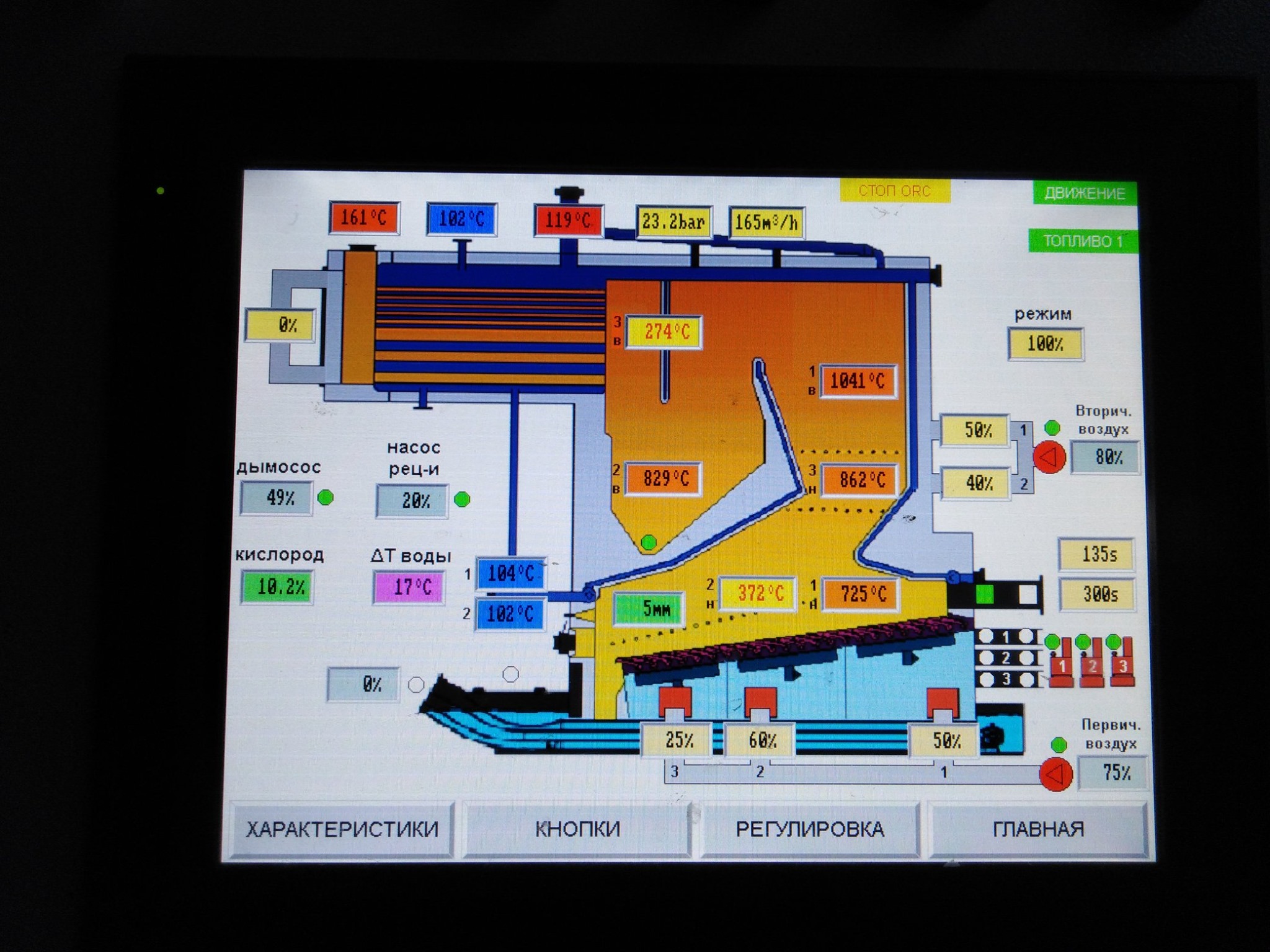
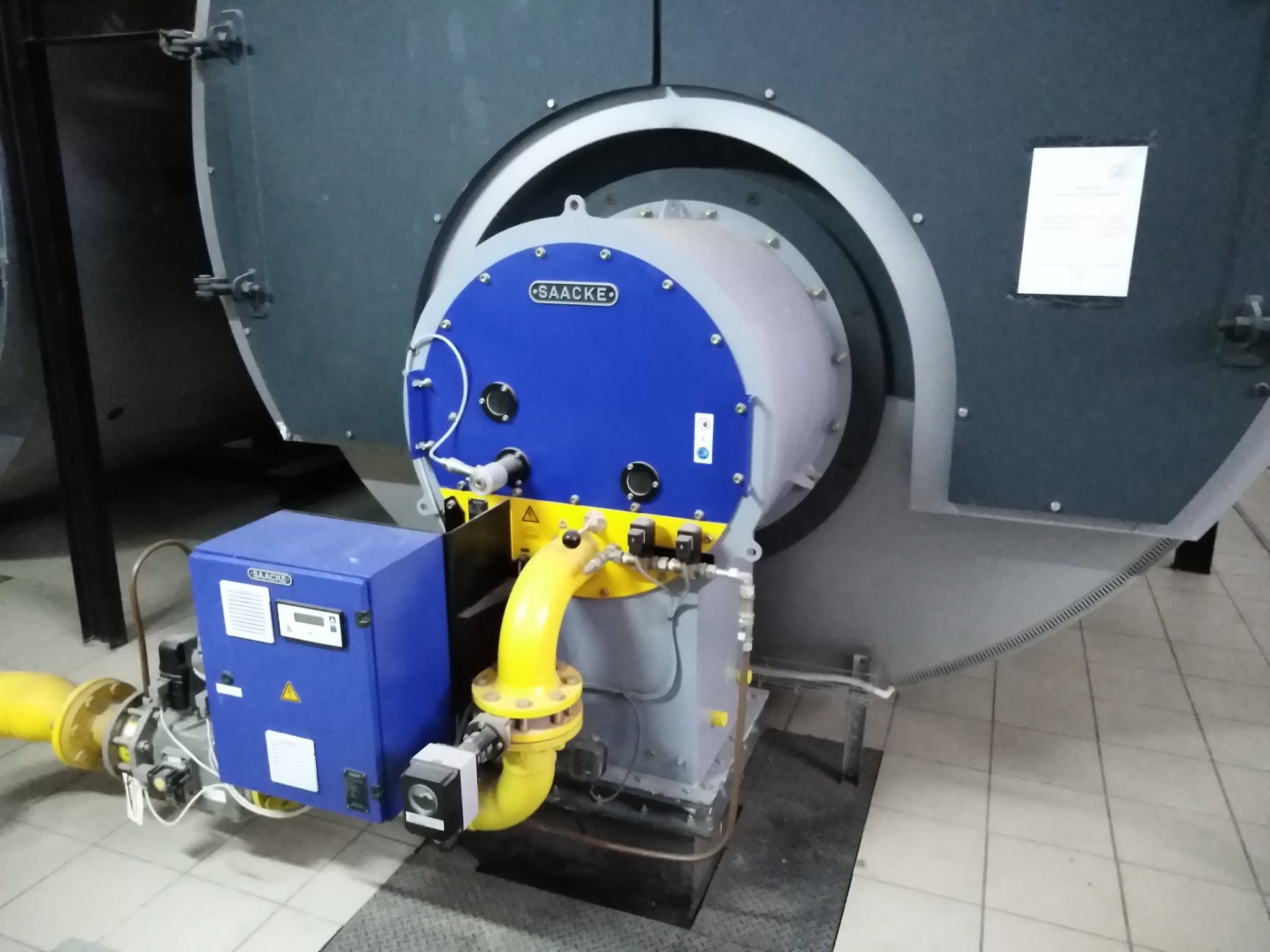
What is the uniqueness of the project?
Kamianets-Podilskyi became the first city in Ukraine, the third – in Europe and the fifth – in the world that has implemented the modern method of heat production based on usage of an Organic Rankine Cycle (ORC) with a high pressure boiler. The plant has 2 biomass boilers with a total capacity of 15 MW (10 MW + 5 MW), two peak gas boilers with a total capacity of 24 MW (2x12MW) and 3 cogeneration units with a total electric capacity of 1.89 MW.
How much gas can be saved?
The potential for gas saving is 8-15 million m3 per year.
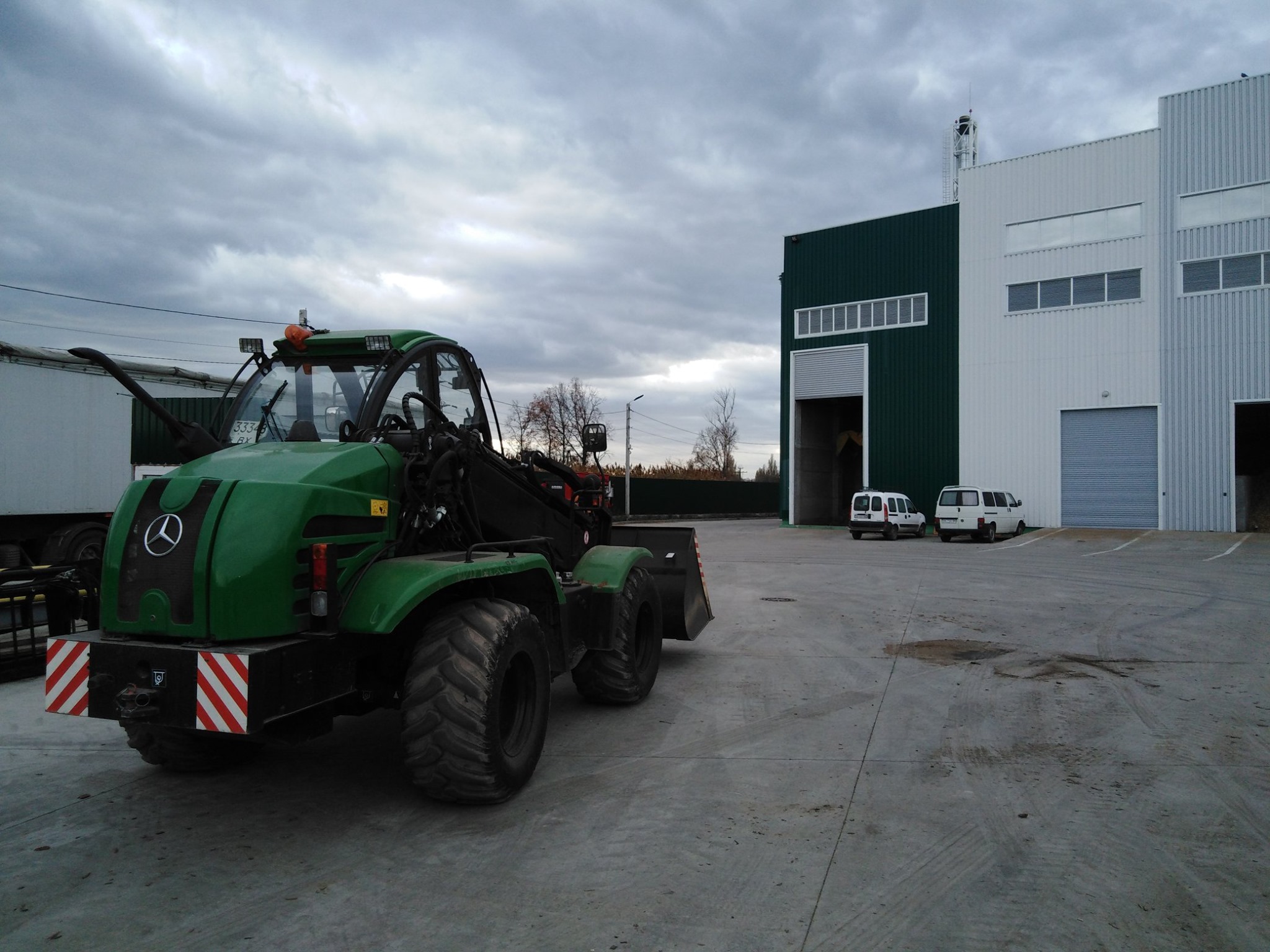
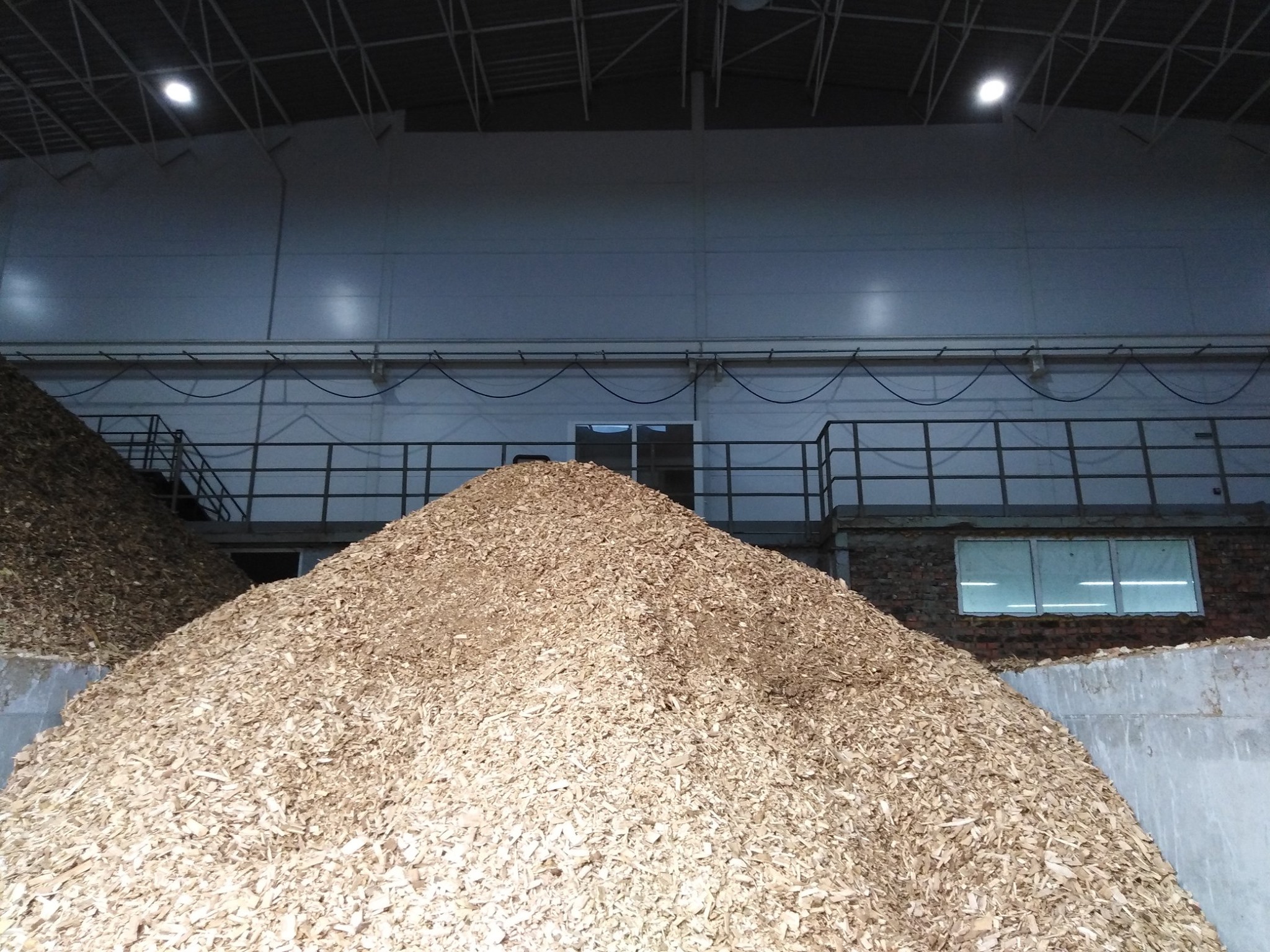
What kind of fuel is used?
The company purchases firewood and wood chips from wood processing and horticultural wastes. The feedstock is delivered by trucks. The basic requirements for fuel feedstock are humidity no more than 50%, chips size – 20-40 mm. The feedstock is stored at power plant in the open air. There is bucket loader for manipulations with ready chips. The delivery volume is calculated by weight method.
Kamianets-Podilskyi Bio-CHP was built within the framework of the Udheep’s “The District Heating Energy Efficiency Project” at the expense of a World Bank. The implementation of the project started in 2015. The construction with a cost of $ 9.6 million began in 2017-2018. The equipment for the CHP was manufactured by Kriger, a member of the Bioenergy Association of Ukraine.
According to UABIO expert Yevhen Oliinyk.
